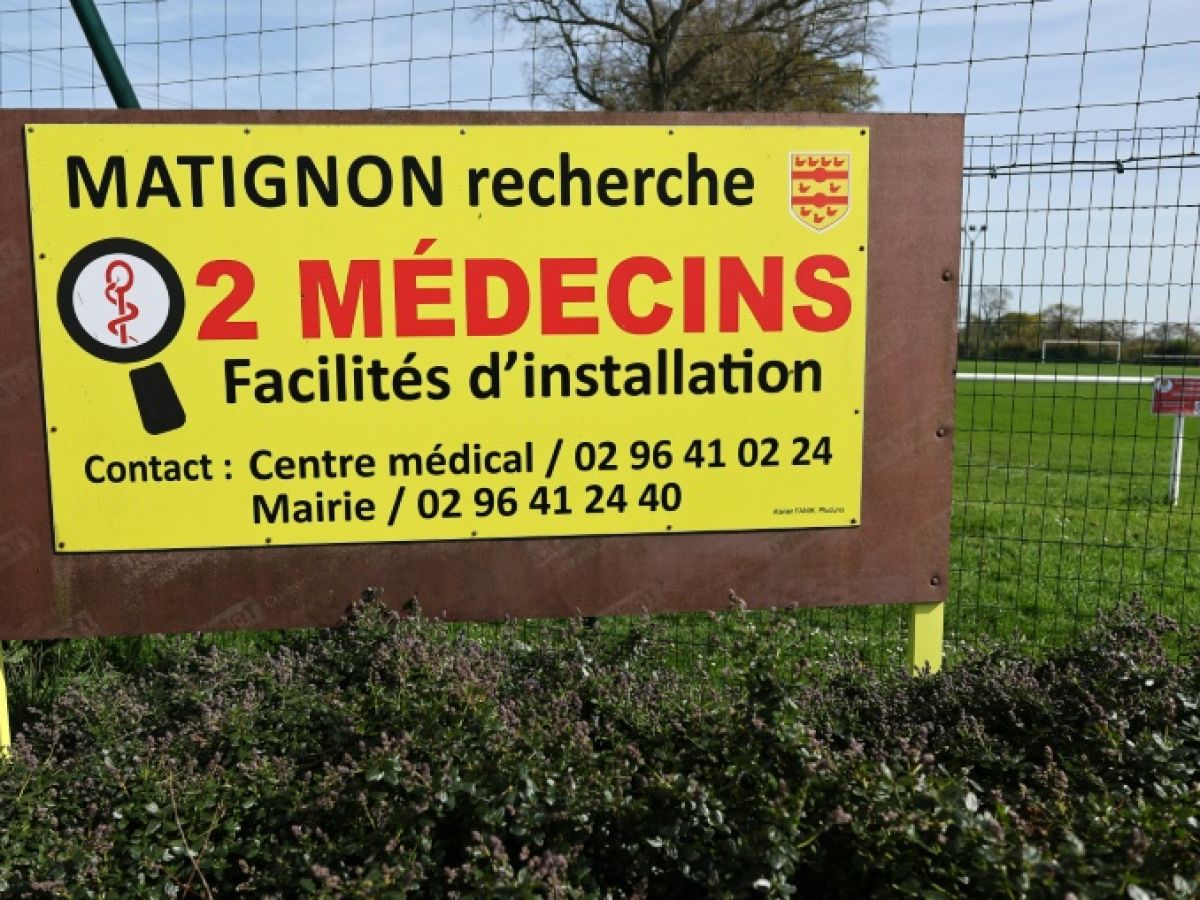Future junior doctors in general medicine, on whom the government is counting to combat medical desertification, now know their remuneration, decided by the government.
On Thursday, the executive published in the Official Journal three decrees and orders setting out the bonuses that these future junior doctors (in their fourth year of general medicine internship) will be entitled to, as well as their internship supervisors, the practitioners who will welcome them into their practices.
These decisions were eagerly awaited by those concerned, as the system is due to come into force on 1 November 2026 and negotiations have been underway for several months.
Ultimately, the approximately 3,700 junior general practitioners will receive 2,792 euros gross per month for their one-year mission, according to figures published Thursday by the National Internship Union (ISNI) and the ANEMF (Medical Students' Association).
In addition to this basic remuneration, a half-yearly bonus of 500 euros will sometimes be added, if the young practitioner carries out "at least 200 procedures or consultations per month on average over the half-year".
Junior doctors working in priority intervention areas – those with the fewest doctors – will also receive a monthly bonus of 1,000 euros gross.
According to the texts in the Official Journal, the internship supervisors, who will welcome and supervise the young doctors in their practice, will receive "teaching fees" of 600 euros gross per month per student, plus an "indemnity to compensate for specific supervision costs" of 1,200 euros gross per month.
A monthly bonus of 800 euros gross may be added if the internship supervisor works in a priority intervention zone, in a complementary action zone – another type of under-resourced zone – or in a priority district of the city policy.
And a bonus of 400 euros gross per month, if the internship supervisor agrees to supervise his intern when he is on call at nights and weekends.
Until now, future general practitioners only did three years of internship before fully graduating.
But the government has added, from 2026, an additional year of internship, that of "junior doctors", on whom it is counting to support general practitioners, particularly in under-resourced areas.
"This reform, which has been awaited for years, is not just a technical development: it is a strong political decision for the future of general medicine and for equal access to care," said Yannick Neuder, the Minister of Health, in a message on the social network Linkedin.
In a joint statement, ISNI and ANEMF expressed regret that the government had chosen a fixed remuneration system, and not the retrocession of fees received as they had demanded.
However, they considered that the amount of remuneration obtained was "a certain victory" for future junior general doctors, "while the government's initial model provided for lower remuneration" than that of junior doctors in other specialties.
For its part, Isnar-IMG, an organization focused on general medicine interns, gave the government's copy a "0/20," denouncing the "anti-educational, unequal, and unfair" remuneration.
"The conditions for welcoming junior doctors remain unclear" and future internship supervisors are currently "absent," she also warned.

